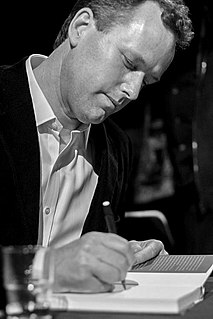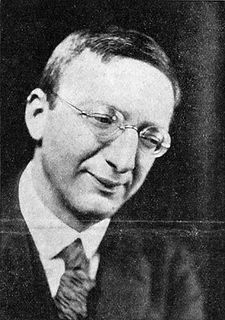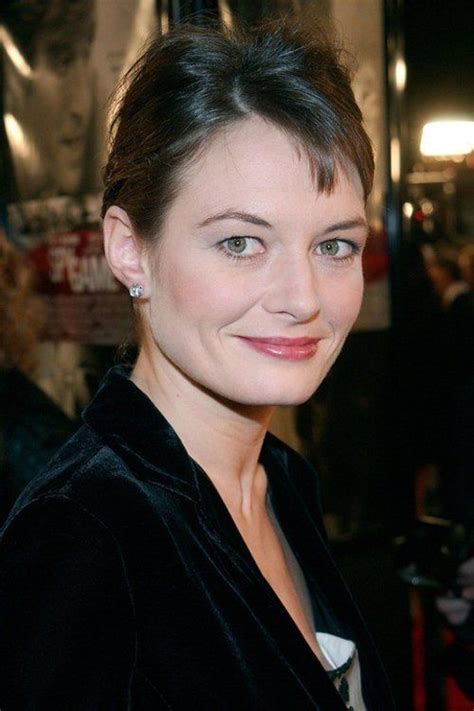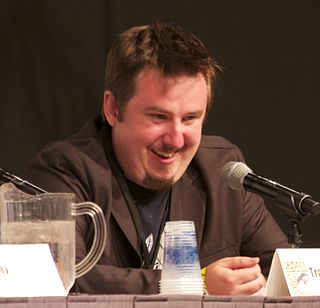A Quote by Marcus Sakey
As an author, it's a strange process to watch your novel turned into a movie. It's tremendously exciting but somewhat voyeuristic; after all, novelists are rarely involved in the process.
Related Quotes
A movie is a filmed rehearsal in a way. The audience doesn't know that because you're taking out the things that don't work. There's no comparison to the theater because it's live. But making a movie is just as challenging and exciting, I find. A movie is pure process. The theater is the result of process.
Something happens between a novel and its reader which is similar to the process of developing photographs, the way they did it before the digital age. The photograph, as it was printed in the darkroom, became visible bit by bit. As you read your way through a novel, the same chemical process takes place.
Well, it's not all the same, but there are a lot of parallels. I'm not sure how to answer [on psychology background], but I think when I was studying psychology I had a professor and a friend who would talk about "process" all the time. Your process, his process, the group's process. There's some carryover from that discussion to my creative work.
The creative process is just a process and you can't really separate it from life. Growing your hair is a creative process. Your body is creating hair. Being alive is a creative process. Whether it's growing something in the garden or growing a song, the material accumulates. It's the process of being alive; it's the passage of time. Things change.
Lately I've been thinking about the idea that all novels are, at least in some way, about the process of writing a novel - that the construction of the book and the lineage of people constructing novels are always part of the story the author is telling. I think the equivalent for memoir should be that all memoirs are, in some way, about the process of memory. Memoirs are made out of a confusing, flawed act of creation.
In '94, I started writing a novel about an enormous terrorist act that destroyed the United States. The novel takes place twenty years after this destruction, with all the stuff that we're dealing with now - a dirty war, the disappeared, the concept of terrorism. Anyway, 9/11 happened some years into the process, and I was like, OK, I don't have a novel.


































